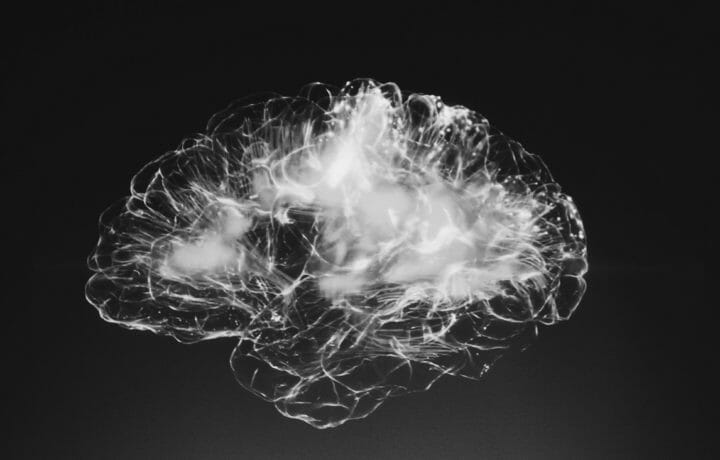If you’ve ever completed the SF-86 security clearance application, you’ll know that the government is generally interested in only who you know, the things you have done, and the extent to which your mental health may preclude your ability to safeguard classified information.
That is, at least, the case for garden variety or “collateral” security clearances: anything Top Secret and below. Things get a bit weird when we start talking SCI access and Special Programs. The intelligence community marches to its own drummer and uses as the great arbiter of security-worthiness a device widely derided by both the legal and scientific communities as junk science (AKA the polygraph).
It is, perhaps, no wonder then that it is only within the intelligence community’s vaunted polygraph examinations that unacted-upon thoughts can become a basis for denying or revoking a security clearance.
If you question how that could be possibly happen under the national adjudicative guidelines, you’re not the only one. Guideline “I” – the psychological conditions guideline – makes no mention of un-acted upon thoughts as a potentially disqualifying condition. To the contrary, the Guideline focuses on behavior that could indicate a mental health condition, including involuntary inpatient hospitalizations; failure to comply with a treatment regimen; pathological gambling; or an opinion by a duly qualified mental health professional that the individual has a condition that may impair judgment, stability, reliability, or trustworthiness (which would, in turn, be based on objective evidence vis a vis concerning behavior).
Nonetheless, if there’s a will there’s a way – and security officials within the intelligence community have invented one whole cloth. My office has recently seen a handful of cases from within the IC that purport to raise unacted-upon thoughts as disqualifying information under Guideline “D” (Sexual Behavior).
These Guideline D cases revolve around sexual proclivities or intrusive thoughts about a particular topic that, if acted upon, would be illegal. In these cases, however, the clearance holders denied ever acting or intending to act upon the thoughts and the agency flushed them solely on the “ick” factor rather than on any objective evidence of a threat or the opinion of a duly qualified medical professional (which they never bothered to get).
The problem with this is that a significant portion of the population has intrusive thoughts or fantasies that are just that: fantasies. Where the mind wanders is largely uncontrollable; it certainly is not, standing alone, evidence of mental illness or security risk. The accompanying action is what sets normal people apart from criminals, deviants, and psychopaths.
The trend in these cases appears to be relatively new, but it is concerning. We’re pushing back hard in my practice on what are legally baseless claims and I urge anyone facing a security clearance denial or revocation on a similar basis to do the same. In the meantime, individuals applying or reapplying for a security clearance within the IC should be alert to this issue.
This article is intended as general information only and should not be construed as legal advice. Consult an attorney regarding your specific situation.




